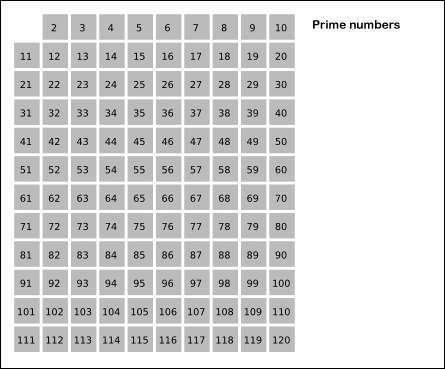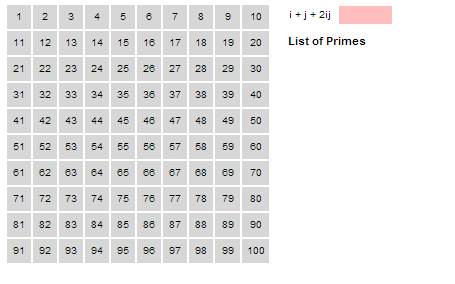projects
| pct0 (bonus; due 20190821) |
| cci0 (due 20190821) |
| wcp1 (due 20190821) |
| dtr0 (bonus; due 20190828) |
| pct1 (due 20190828) |
| wcp2 (due 20190828) |
| pct2 (due 20190904) |
| wcp3 (due 20190904) |
| sof0 (due 20190911) |
| pct3 (due 20190911) |
| wcp4 (due 20190911) |
| dow0 (due 20190918) |
| pct4 (due 20190918) |
| wcp5 (due 20190918) |
| mtf0 (due 20190925) |
| pct5 (due 20190925) |
| wcp6 (due 20190925) |
| mtf1 (due 20191002) |
| pct6 (due 20191002) |
| wcp7 (due 20191002) |
| bcf0 (due 20191010) |
| epf1 (due 20191010) |
| pct7 (due 20191009) |
| wcp8 (due 20191009) |
| cnv0 (due 20191023) |
| pct8 (bonus; due 20191023) |
| pct9 (due 20191023) |
| wcp9 (due 20191023) |
| cnv1 (due 20191030) |
| pctA (due 20191030) |
| wcpA (due 20191030) |
| fwf0 (due 20191106) |
| pctB (due 20191106) |
| wcpB (due 20191106) |
| cos0 (due 20191113) |
| pctC (due 20191113) |
| wcpC (due 20191113) |
| eoce (due 20191211 by 172959) |



